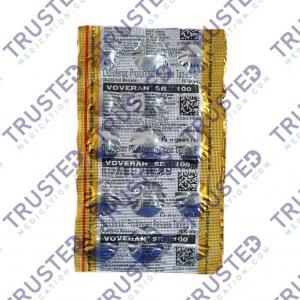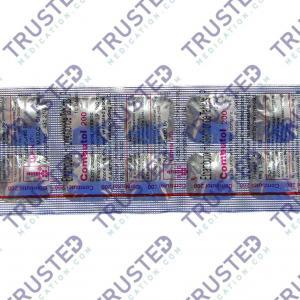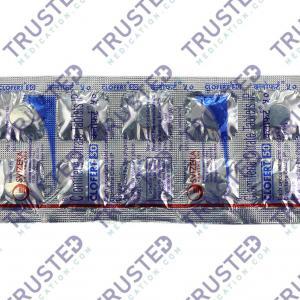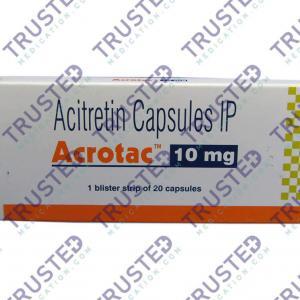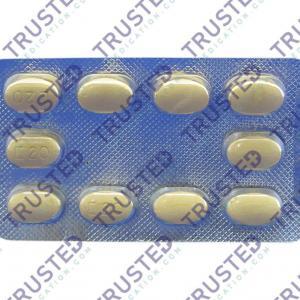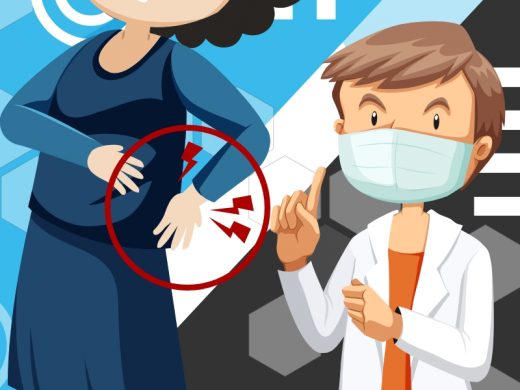
Chronic pain lasts months or years and happens in all parts of the body. In addition to affecting daily life, chronic pain can lead to depression and anxiety. The first step in treatment is to find and treat the cause. Medications, therapies, and lifestyle changes are the most effective treatments.
Chronic Pain VS Typical Pain

Chronic pain differs from another type of pain called acute pain. Acute pain happens when you get hurt, such as experiencing a simple cut to your skin or a broken bone. Generally, it lasts for a short time, but it goes away once your body heals from whatever caused it. Chronic pain, however, lasts for a very long time after you have recovered from an injury or illness. Sometimes it even happens for no obvious reason.
Symptoms of Chronic Pain
Chronic pain syndrome takes a toll on both your physical and mental health. While the pain can be near-constant, there may be flares of more intense pain due to increases in stress or activity. Symptoms include:
- Muscle aches
- Joint pain
- Fatigue
- Burning pain
- Loss of stamina and flexibility
- Sleep problems
- Mood problems
- Depression, anxiety, and irritability
What are the Types of Chronic Pain?
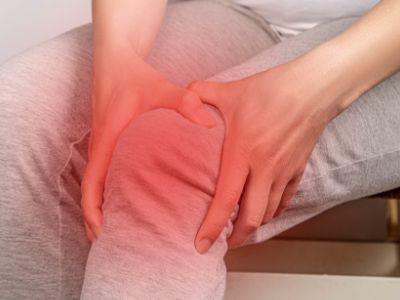
- Neuropathic Pain. It is a type of chronic pain that is a result of tissue injury or nerve damage. It is caused by damage to the nerves themselves. The damaged nerve fibers change the nerve function and send incorrect signals to the brain. Signals transmitted by nerves to the brain are often faulty due to malfunctions.
- Nociceptive Pain. It is caused by an injury, inflammation of a body part, or physical pressure. The source of the pain can also be used to divide this type of pain into two categories. The pain can cause physical damage or mechanical damage to parts of the body.
- Somatic Pain. It originates in your arms, legs, face, muscles, tendons, and extrinsic areas of the body. Injuries to your outer body cause pain. It can feel like an ache, throbbing sensation, or sharp pain. Typically, somatic pain is caused by an acute injury or chronic diseases, such as a cut, bruise, arthritis, or joint injury.
- Visceral Pain. It is detected by nociceptors in internal organs that contain sensory nerves that transmit signals to the brain after an injury. The cause of stomach pain is an infection, constipation, cancer, or internal bleeding.
Treatment for Chronic Pain
To relieve chronic pain, healthcare providers first try to identify and treat the cause. If you have chronic pain and depression and/or anxiety, it’s important to seek treatment for your mental health condition. Your healthcare provider may recommend certain medications to relieve chronic pain, including:

